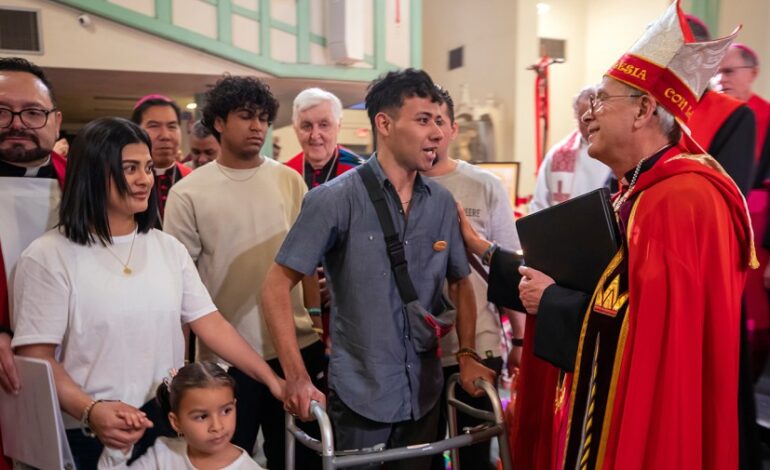Churches Expand Services as Government Aid Declines

Houses of worship are increasing their support services as federal government funding shrinks under the leadership of the Trump administration. As the government grapples with budget cuts and ongoing shutdowns, churches have taken on a greater role in providing essential assistance to vulnerable populations, including students and immigrants.
Many religious organizations are responding to the growing demand for help by expanding their existing programs. Initiatives aimed at combating hunger have seen a notable increase, with local churches stepping forward to distribute food and resources to those in need. According to the Feeding America network, food insecurity has risen sharply since the onset of budgetary constraints, affecting millions across the country.
In addition to food distribution, churches are introducing various community programs aimed at supporting federal workers who have been impacted by funding cuts. These initiatives range from financial assistance to job placement services, aimed at alleviating some of the burdens faced by individuals and families during this challenging period.
Community Response and Engagement
Church leaders emphasize their commitment to helping those who are struggling, viewing their efforts as a moral obligation. Pastor Jane Smith of St. Luke’s Church in Washington, D.C., remarked, “We cannot stand by while our neighbors are in need. It is our duty to provide for those who are suffering.” This sentiment echoes throughout many religious organizations, which are increasingly becoming lifelines for communities facing economic uncertainty.
In cities across the United States, churches have reported a surge in participation for their programs. For instance, a local church in Chicago has doubled its weekly meal distributions, now serving over 1,000 individuals each week. This trend reflects a significant shift in the role of churches, as they are not only places of worship but also critical support centers for those facing financial hardship.
Challenges and Future Outlook
Despite their efforts, churches are facing their own challenges. As government support wanes, many religious organizations are grappling with dwindling resources and increased demand for services. Funding for these programs often relies on donations, which can fluctuate based on economic conditions. Church leaders are calling for community engagement and financial support to sustain their initiatives.
The long-term impact of these changes remains to be seen, but the current landscape suggests that churches will continue to play a vital role in providing assistance. As government services decline, the reliance on community-based support systems is likely to grow.
In summary, the proactive stance taken by churches highlights a critical intersection between faith and community service. As the federal government pulls back, these organizations are rising to the occasion, ensuring that essential services remain available to those who need them most. The commitment to service, especially during challenging times, underscores the important role that faith-based organizations play in society.






